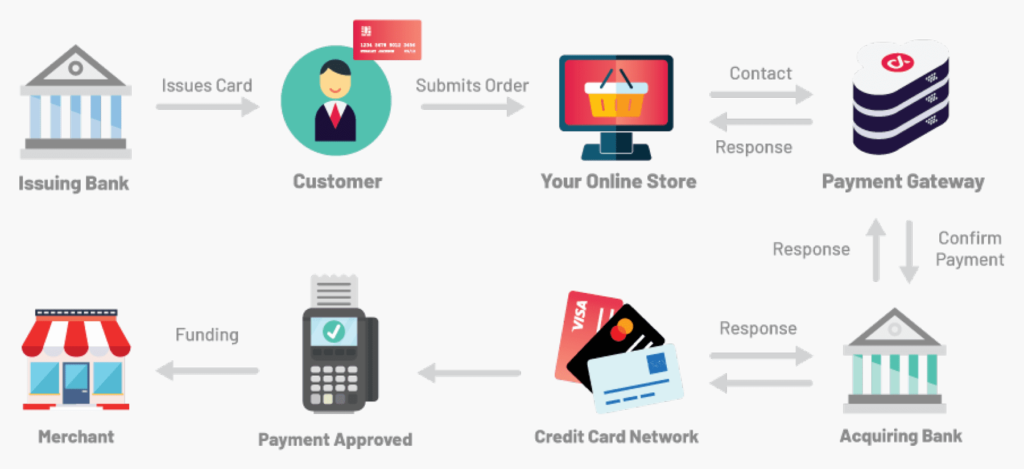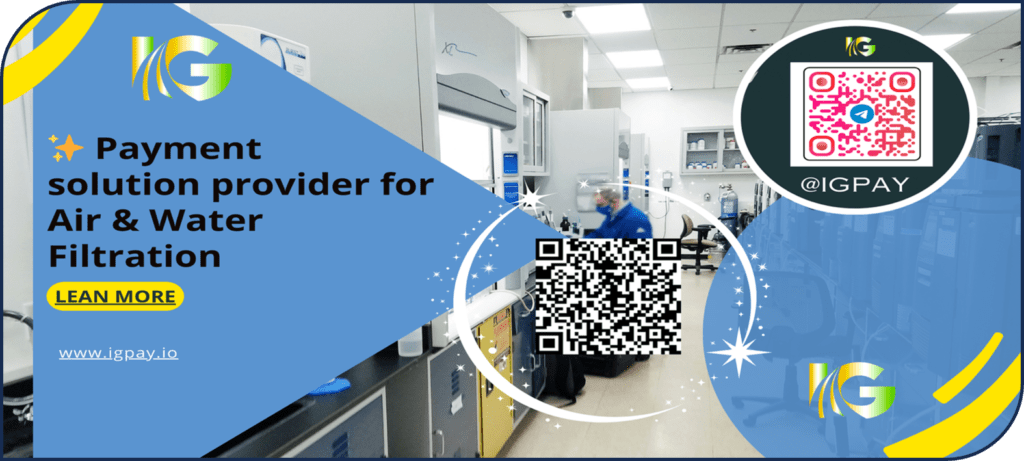AUTHOR : ANNU CHAUHAN
DATE : 02-09-2023
Introduction
In today’s fast-paced digital age[1], where online shopping and e-commerce[2] are booming[3], having a reliable and efficient website[4] payment system[5] is crucial for businesses. This article delves into the world of website payment systems, exploring their evolution, importance, and key factors to consider when choosing the right payment solution for your online platform.
Understanding Website Payment Systems
Website payment systems, often referred to as payment gateways, are the digital infrastructure that enables online businesses to accept payments from customers over the internet. These systems serve as the virtual cash registers, securely processing transactions and also ensuring a seamless buying experience for users.

The Early Days of Online Payments
- The Birth of Online Payments – The concept of online payments emerged in the late 1990s with the rise of e-commerce. However, it was still in its infancy, with limited security measures in place.
- Credit Card Dominance – Initially, credit cards dominated online payments, posing security concerns due to the transmission of sensitive card information.
The Evolution of Payment Gateways
- Introduction of PayPal – PayPal revolutionized online payments in the early 2000s by providing a safer and more convenient alternative to credit cards also. It gained widespread popularity among users and businesses alike.
- Diverse Payment Options – As e-commerce continued to grow, payment gateways diversified to include various payment methods such as debit cards, digital wallets, and even cryptocurrencies.
Key Features of Modern Payment Systems
- Security Measures – Modern payment gateways prioritize security, employing encryption and fraud detection to protect sensitive data.
- User-Friendly Interface – An intuitive and also user-friendly interface is essential to ensure customers have a hassle-free checkout experience.
- Mobile Optimization – With the surge in mobile shopping, payment gateways now offer seamless mobile optimization, making transactions on smartphones and tablets effortless.

The Role of API Integration
- API Integration – For businesses, integrating payment gateways through Application Programming Interfaces (APIs) has become crucial for a customized and seamless shopping experience.
- Enhanced Checkout Experience – API integration allows businesses to offer a more personalized checkout process, reducing cart abandonment rates.
The Importance of Trust and Credibility
- Building Trust – Trust is paramount in online transactions. Customers are more likely to make purchases when they trust the payment system and the website.
- Credible Partnerships – Partnering with reputable payment gateways can enhance a website’s credibility and reliability.
Factors to Consider When Choosing a Payment System
- Fees and Costs – Evaluate the transaction fees and costs associated with different payment gateways to ensure they align with your budget.
- Compatibility – Consider the compatibility of the payment system with your website platform and e-commerce software.
- Customer Support – Responsive customer support is essential to address any issues promptly and maintain a smooth payment process.
- Scalability – Choose a payment gateway that can scale with your business’s growth and evolving needs.
The Future of Website Payment Systems
In this digital era, the future of website payment systems holds exciting possibilities. Let’s look at what lies ahead:
Enhanced Security Measures
- Biometric Authentication – Expect to see more biometric authentication methods, such as fingerprint and facial recognition, integrated into payment gateways. These advanced security measures will provide an extra layer of protection for users.
- Tokenization – Tokenization will become more widespread, ensuring that sensitive card information is never stored on the merchant’s servers. This technology replaces card data with unique tokens, further reducing the risk of data breaches.
Global Expansion
- Global Reach – As businesses expand their reach internationally, payment gateways will need to support a wide range of currencies and languages. This global expansion will make it easier for customers worldwide to make purchases with their preferred payment methods.
- Cross-Border Payments – Cross-border payments will become more seamless, with payment gateways optimizing currency conversion rates and simplifying international transactions.
Integration of Emerging Technologies
- Blockchain and Cryptocurrencies – The integration of blockchain technology and cryptocurrencies will offer new avenues for payment processing. Digital currencies like Bitcoin and Ethereum may become more widely accepted as legitimate payment options.
- AI and Machine Learning – Artificial intelligence and also machine learning will play a significant role in fraud detection and prevention. These technologies will continuously analyze transaction data to identify and mitigate potential security risks.
Easier Checkout Experiences
- One-Click Checkout – Streamlined one-click checkout options will become more prevalent, reducing friction in the buying process and increasing conversion rates.
- Guest Checkout – Websites will increasingly offer guest checkout options, allowing customers to make purchases without creating an account, further simplifying the process.
Regulatory Compliance
- Adherence to Regulations – Payment gateways will need to stay up-to-date with evolving regulatory requirements, such as GDPR and PSD2 in Europe. Compliance with these regulations is essential to ensure data privacy and security.
Mobile Wallet Integration
- Mobile Wallets – With the growing popularity of mobile wallets like Apple Pay, Google Pay, and Samsung Pay, expect to see more websites integrating these options into their payment systems for added convenience.
Conclusion
In conclusion, a robust website payment system is the backbone of successful online businesses. As the digital landscape continues to evolve, staying updated with the latest payment trends and technologies is imperative for providing a seamless and secure shopping experience. By choosing the right payment gateway, integrating APIs effectively, and prioritizing trust and credibility, businesses can thrive in the competitive world of e-commerce.
FAQs
- What is a payment gateway, and how does it work?
- A payment gateway is a digital service that facilitates online transactions by securely transmitting payment information between the customer, merchant, and the bank.
- Are there any risks associated with online payments?
- While online payments are generally secure, there are risks such as fraud and data breaches. Payment gateways employ security measures to mitigate these risks.
- What is API integration, and why is it important for payment systems?
- API integration allows seamless communication between your website and the payment gateway, ensuring a customized and efficient payment process.
- How can I enhance the trustworthiness of my online payment system?
- To build trust, choose reputable payment gateways, display trust badges, and clearly communicate your security measures to customers.







